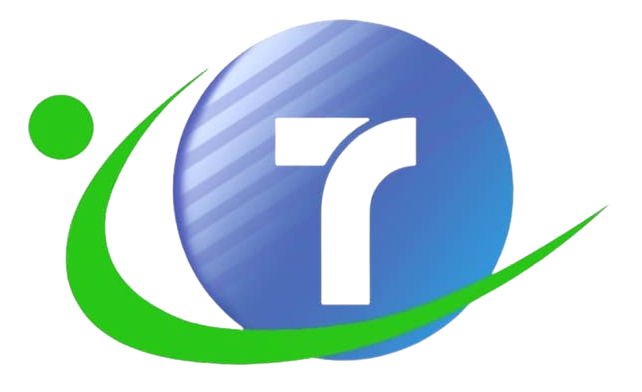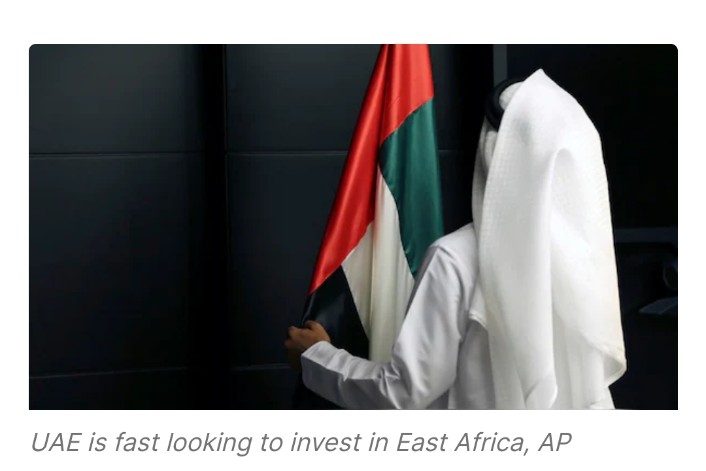
Africa has a new big investor and it’s not China, UK or France

Between 2019 and 2023, Emirati companies announced a whopping $110 billion worth of projects. According to The Financial Times, $72 billion of them were invested in the renewable energy sector. It is pertinent to note that the pledges were more than double the value of those made by companies from the United Kingdom, France or China.
In the past, the three nations were big-ticket players when it came to investments in infrastructure projects. However, there were many failed attempts to deliver the expected returns. Not only this, the African leaders were also disappointed with the climate finance pledges made by the Western governments. At the COP29 summit in Azerbaijan, wealthy nations promised $300 billion annually, whereas developing countries demanded $1.3 trillion.
African leaders welcome the increased interest
Leaders of the African nations are welcoming the increased interest from the Emiratis. However, some activists and analysts across the continent have expressed fears that UAE’s poor record on labour rights for migrant workers, continued support for hydrocarbons and failure to address environmental issues will characterise its investments in Africa.
“African countries are in dire need of this money [for] their own energy transitions. And they plug huge holes, the Emirati investors, that the West failed to,” said Ahmed Aboudouh, an associate fellow at the Chatham House think tank. “But at the same time, they come in with less attention to labour rights, to environmental standards," he added.
The UAE has long been a major political player in North Africa and the Horn of Africa. The Emiratis have been accused of fuelling conflicts in Libya and Sudan. Now the UAE leadership is trying to diversify its economy away from oil and gas, including green energy and “critical minerals” such as copper that are needed for electric cars and batteries.
Dubai’s ports and airline companies were early movers to Africa. Dubai’s Emirates Airline has flights to 20 African countries. Meanwhile, DP World which is controlled by Dubai’s royal family, has been present in the region since 2006. The company manages six ports, with plans to build two more. Abu Dhabi Ports has managed Kamsar Port in Guinea since 2013 and recently won concessions in Egypt, the Republic of Congo and Angola.
“Angola is, at the moment, the only country where both DP World and Abu Dhabi Ports have a presence,” Maddalena Procopio, a senior policy fellow at the European Council on Foreign Relations told the Financial Times. She maintained that the UAE was not shifting away from East Africa. “This has to do with a growing interest from the UAE in expanding connectivity towards the Americas, in particular Latin America," she added.
UAE companies also have investments in agriculture and telecoms. Since 2022, the Dubai royal Sheikh Ahmed Dalmook al-Maktoum has struck deals to sell carbon credits from forests covering a fifth of Zimbabwe, 10 per cent of Liberia, 10 per cent of Zambia and 8 per cent of Tanzania.
Emirati investments are also inflitrating the mining industries. However, there are drawbacks as well. The amount of illegally smuggled gold to Dubai from Africa has grown in recent years. However, African nations are still optimistic about the investments. “African countries need all the financing and trade they can get,” said Ken Opalo, an associate professor at Georgetown University. “However, there is also the opportunity for the attention to breed criminality – like we are seeing in the gold sector," he added.
https://www.firstpost.com/world/africa-has-a-new-big-investor-and-its-not-china-uk-or-france-13847652.html